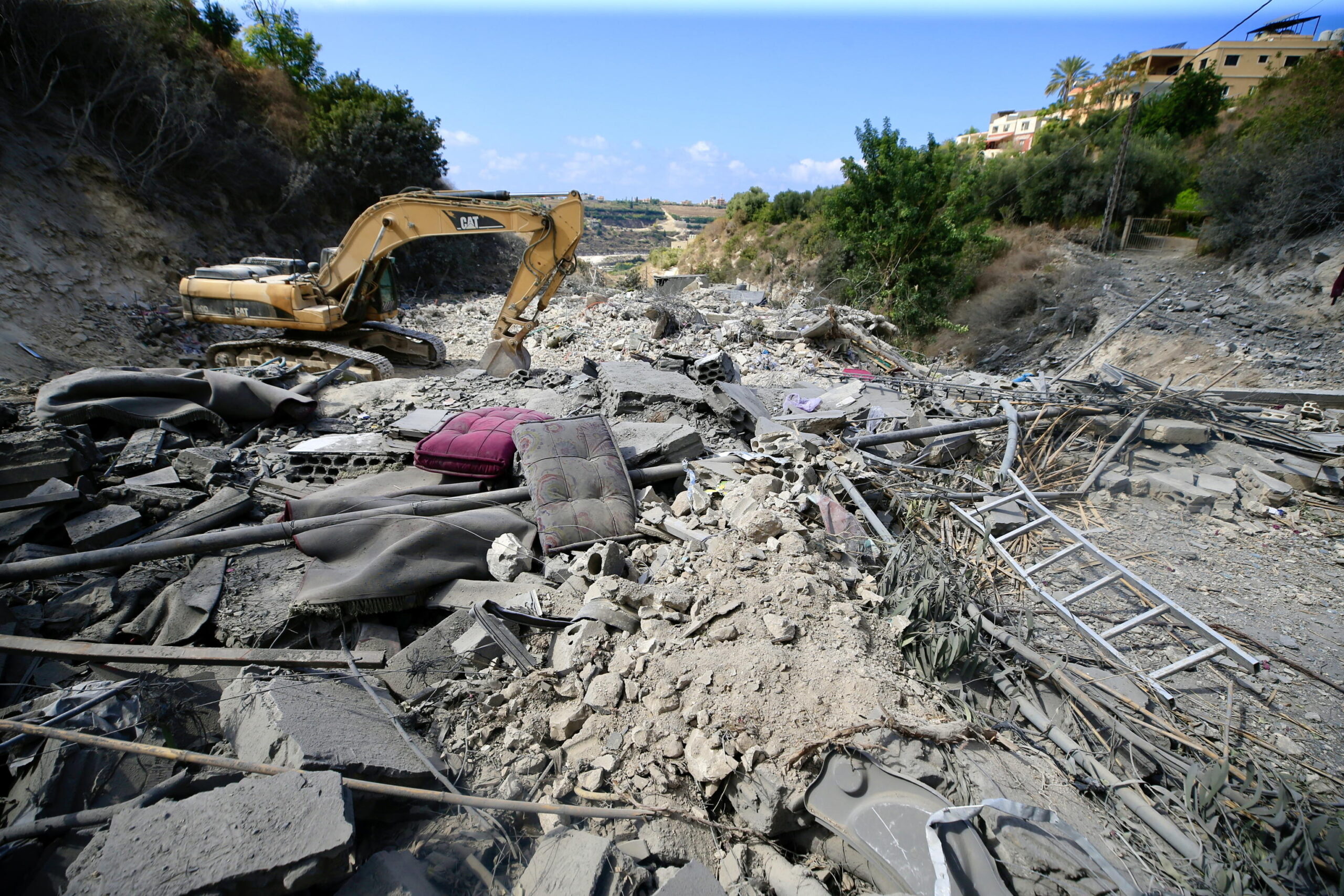Tehran bans electronic devices (except cell phones) on flights. Lebanese Prime Minister: “Pressure the United States and the Islamic Republic for a ceasefire”
Already during the night, the diffuser Al-Arabiya had spread news of a powerful and large-scale cyberattack against Iran. The targets of the cyberattacks, as former Secretary of the National Virtual Space Center Abolhassan Firouzabadi confirmed, were: “The three branches of government, the judiciary and parliament, as well as the nuclear industry.” Tel Aviv may have taken a first step in the promised offensive in response to Tehran's missile launches. Meanwhile, as UNIFIL reports another casualty, alarm sirens are still ringing on the Israel-Lebanon border due to exchanges of shelling from both sides. According to the Lebanese Ministry of Public Health, in Barja, a town north of the city of Sidon, the explosions left 4 dead and 14 injured.
Cyberattacks: “A lot of information has been stolen”
“The number of heavy cyberattacks is unprecedented and enormous. » This is how the former secretary of the National Virtual Space Center Abolhassan Firouzabadi defined the Israeli offensive against Tehran which is currently taking place on virtual terrain. An equally important front because, as Firouzabadi points out, “a large amount of information was stolen during the attacks”. The date of the cyber breach has not been revealed, but the broadcaster Al-Arabiya announced the news on the night of October 11 to 12. The data, if in the possession of the IDF, could constitute a new advantage because of its origin: from the highest echelons of Iranian politics to the nuclear sites, those that US President Joe Biden has repeatedly warned not to not attack.
Banning electronic communications devices on flights
Iran has decided to ban airline passengers from bringing on board or in their checked baggage any electronic communications device, “with the exception of cell phones.” This is the communication from the spokesperson for the Civil Aviation Organization of Iran, Jafar Yazerlou. In Tehran, the fear that Israeli intelligence services can strike wherever and whenever they want is real. “Passengers should avoid carrying such devices, including pagers, wireless devices and walkie-talkies, to ensure flight safety,” Yazerlou reiterated. The Islamic Republic is still very aware of the capabilities of the Israeli forces who, between September 17 and 18, detonated devices to which Hezbollah militiamen had easy access.
Missiles between Israel and Lebanon
October 12, 2024
This afternoon alone, around 35 rockets were launched from Lebanon towards northern Israel, the Israeli military reports. Two people were injured when a missile landed in an open area in Jadeidi-Makr, near Acre, and an industrial building in the area was damaged. But the bombardment exchanges have continued since the morning. IDF spokesperson Avichay Adraee renewed Israel's commitment against Hezbollah on X: they will continue to bomb the positions of Shiite militias. For this reason, Tel Aviv has issued new warnings to residents south of the Litani River not to return to their homes. The Party of God continues to respond to the Israeli invasion: around 1 p.m. in Italy, around thirty rockets were launched against the Upper Galilee, some intercepted, in ten minutes. It is for this reason that Ziv Hospital in Safed, northern Israel, is on high alert and all patients, including newborns in the maternity ward, have been transferred to the basement of the establishment. “We have been in a war situation for a year, but after the army entered Lebanon, our services and all personnel are unfortunately ready to face the next wave of victims,” he told the American television channel. CNN the hospital director. , Salman Zarka.
Lebanese Prime Minister: “Pressure the United States and Iran for a ceasefire”
Lebanese Prime Minister Najib Mikati's efforts to achieve a ceasefire continue. The politician, reports ANI, spoke a few hours later first with Amos Hochstein, representative of the White House, then with the president of the Islamic Consultative Assembly of Iran, Mohammad Bagher Ghalibaf. As he writes RepublicMikati focused on strategies to end “military clashes” and move toward a comprehensive political solution based on 2006 United Nations Security Council Resolution 1701, which would bring about a permanent ceasefire and the end of hostilities between Hezbollah and Israel.
Cover: EPA/STRINGER I An excavator clears rubble at the site of an October 11 Israeli military attack in the village of Baysarieh, Sidon, Lebanon, October 12, 2024.
